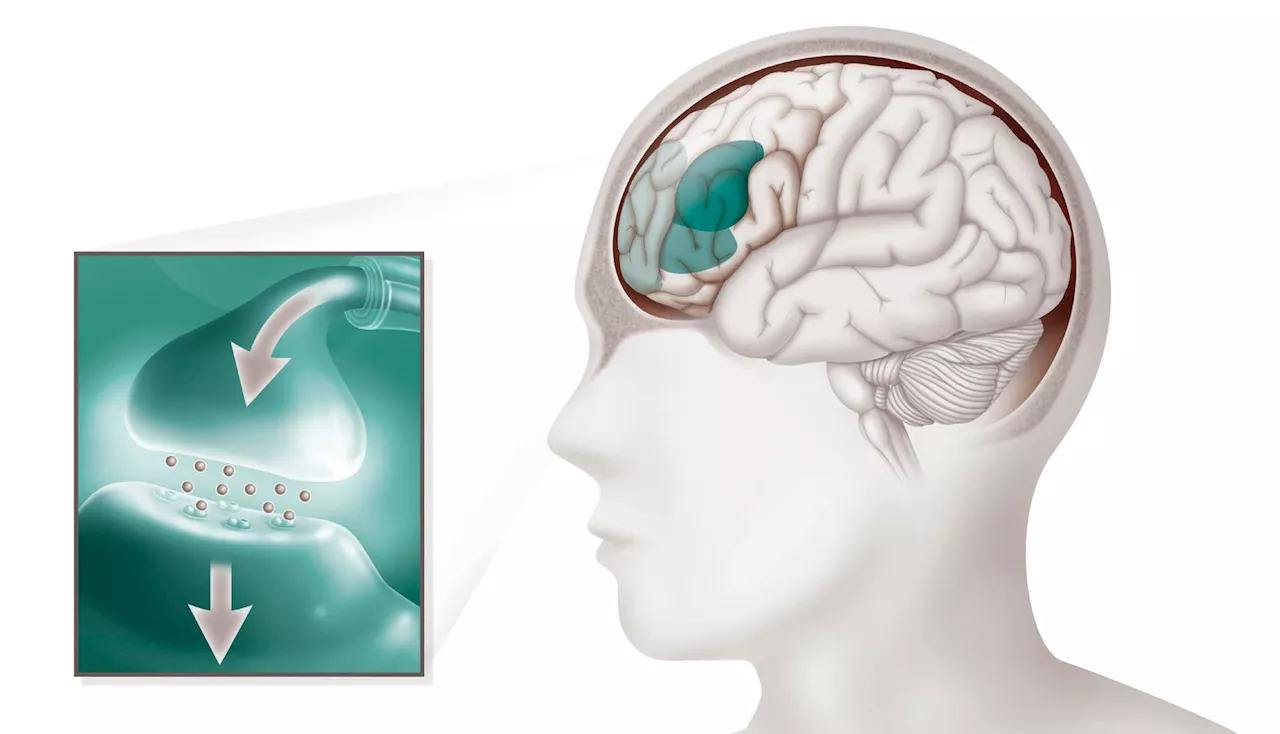Are you frustrated with the speed at which your child completes tasks? You might be able to improve their processing speed with video games and other technologies.
Emerging neurotechnologies also have the potential to improve slow processing speed.Slow processing speed impacts children in a variety of ways. Slow processing speed often has a dramatic impact on school performance and the capacity to keep up with peers. It can negatively impact. Because it is so frequently misidentified, it can also cause children to develop oppositional tendencies with parents and teachers.
The impact of slow processing speed on children has often been underestimated. Slow processing speed is poorly understood or misidentified by parents, educators, and, perhaps most importantly, children. Its impact on academic and social-emotional functioning needs to be better recognized. For example, many family conflicts around activities, such as homework completion or getting ready for school in the morning, are due to unrecognized slow processing speed.
Processing speed is a cognitive process where technology combined with targeted training would seem to make an ideal pair. If we were to look at a physical comparison to processing speed, we might look no further than a running track, where advances in technology, training, equipment, and assessment have all contributed to faster times across many events. These technologies have resulted in world records, but more importantly, they have also made track athletes of all skill levels faster.
Until recently, these were the primary interventions to help children with slow processing speed. This approach was based on the aforementioned assumption that processing-speed capacities were fixed, rather than malleable. The science of neuroplasticity, along with the availability of, has altered this perspective.
It’s time to get moving faster on developing new interventions for kids with slow processing speed. While using video games might be the preferred intervention for many kids, the application of common technologies, such as audiobooks for slow readers, dictation apps for slow writers, and apps for time, can also improve slow processing speed. There is no reason that we should not use both appropriate accommodations and available technologies to support these kids.Ahn, S. .
United Kingdom Latest News, United Kingdom Headlines
Similar News:You can also read news stories similar to this one that we have collected from other news sources.
 More Than 1 in 10 Kids Diagnosed with ADHD, New Report ShowsA new report reveals that over 10% of children have been diagnosed with attention-deficit/hyperactivity disorder (ADHD). The report provides data on the prevalence of ADHD among children and adolescents aged 5-17, broken down by various factors such as age, gender, race, and income. It highlights that boys have a higher prevalence than girls, and younger children are less likely to have ADHD compared to older children. Additionally, it shows that white non-Hispanic children have a higher prevalence of ADHD compared to black non-Hispanic and Hispanic children. The report also indicates that the prevalence of ADHD decreases with higher family income. The findings were published as an 'NCHS Data Brief' on March 20.
More Than 1 in 10 Kids Diagnosed with ADHD, New Report ShowsA new report reveals that over 10% of children have been diagnosed with attention-deficit/hyperactivity disorder (ADHD). The report provides data on the prevalence of ADHD among children and adolescents aged 5-17, broken down by various factors such as age, gender, race, and income. It highlights that boys have a higher prevalence than girls, and younger children are less likely to have ADHD compared to older children. Additionally, it shows that white non-Hispanic children have a higher prevalence of ADHD compared to black non-Hispanic and Hispanic children. The report also indicates that the prevalence of ADHD decreases with higher family income. The findings were published as an 'NCHS Data Brief' on March 20.
Read more »
 Report: 1 in 10 school-aged kids has ADHDThe report found that the prevalence of ADHD was higher in boys than girls.
Report: 1 in 10 school-aged kids has ADHDThe report found that the prevalence of ADHD was higher in boys than girls.
Read more »
Report: 1 in 10 US School-Age Kids Have ADHDAbout 1 in every 10 U.S. children ages 5 to 17 has been diagnosed with attention deficit hyperactivity disorder (ADHD), according to the latest government statistics.
Read more »
 Which ADHD Medications Could Lower Risk Of Suicide & Hospitalization?Anuradha Varanasi is a freelance science writer. She writes on the intersection of health/medicine, racial disparities, and climate change. She earned an MA in Science Journalism from Columbia University in New York City.
Which ADHD Medications Could Lower Risk Of Suicide & Hospitalization?Anuradha Varanasi is a freelance science writer. She writes on the intersection of health/medicine, racial disparities, and climate change. She earned an MA in Science Journalism from Columbia University in New York City.
Read more »
 ADHD Traits May Have Provided an Evolutionary AdvantageDo you find it validating or insulting that a new theory suggests ADHD traits, such as impulsivity and distractibility, provided an evolutionary advantage to early humans when foraging for food? We asked ADDitude readers this question and received a wide variety of responses.
ADHD Traits May Have Provided an Evolutionary AdvantageDo you find it validating or insulting that a new theory suggests ADHD traits, such as impulsivity and distractibility, provided an evolutionary advantage to early humans when foraging for food? We asked ADDitude readers this question and received a wide variety of responses.
Read more »
 Live Webinar on April 18: Unraveling ADHD Procrastivity: How to Outsmart Procrastination and Improve ProductivityRegister below for this free webinar on productive procrastination on Thursday, April 18, at 1pm ET. Sign up and you will receive the free webinar replay link as well!
Live Webinar on April 18: Unraveling ADHD Procrastivity: How to Outsmart Procrastination and Improve ProductivityRegister below for this free webinar on productive procrastination on Thursday, April 18, at 1pm ET. Sign up and you will receive the free webinar replay link as well!
Read more »
